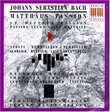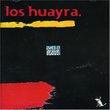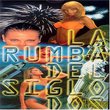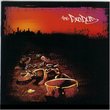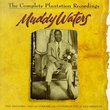| All Artists: Christmas Traditional, Piae Cantiones Anonymous, Italian Anonymous, Donato da Cascia, Mischa Levitzki, Manuscrit du Roi Anonymous, Walther von der Vogelweide, Hermann [Composer] Finck, Matthias Greiter, Jobst Vom Brandt, John Dowland, William [Composer] Byrd, Jacques Arcadelt, Arnold von Bruck, Giovanni da Firenze, Oswald von Wolkenstein, Joculatores Upsalienses Title: Skogen, Flickan och Flaskan Members Wishing: 0 Total Copies: 0 Label: Bis Release Date: 3/25/1994 Album Type: Import Genres: Dance & Electronic, Special Interest, Classical Styles: Opera & Classical Vocal, Chamber Music, Historical Periods, Classical (c.1770-1830), Early Music Number of Discs: 1 SwapaCD Credits: 1 UPCs: 750582002922, 7318590001202 |
Search - Christmas Traditional, Piae Cantiones Anonymous, Italian Anonymous :: Skogen, Flickan och Flaskan
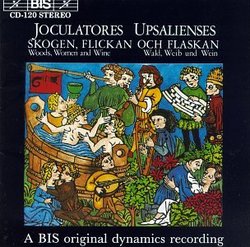 | Christmas Traditional, Piae Cantiones Anonymous, Italian Anonymous Skogen, Flickan och Flaskan Genres: Dance & Electronic, Special Interest, Classical
|
Larger Image |
CD DetailsSimilar CDs
|
CD ReviewsEarthy Sound of Medieval and Renaissance Popular Songs Leslie Richford | Selsingen, Lower Saxony | 08/10/2007 (5 out of 5 stars) "Joculatores Upsalienses: Skogen, Flickan och Flaskan (Woods, Women and Wine). Songs of the Middle Ages and the Renaissance in Europe (13th to 16th/17th centuries) accompanied by instruments of the period. Recorded at Wik Castle, Sweden, in April and May 1978 and in November 1982 (Piae Cantiones, Tr. 1 thru 11). Total time: 71'20". Originally published on LP in 1978 and 1982, this CD compilation published as BIS CD-120 in 1990.
The recordings made for the exciting Swedish label BIS by the Joculatores Upsalienses between 1973 and 1982 and released on three CDs in 1990 (fortunately all still available, see also Joculatores Upsalienses: Early Music at Wik and The Four Seasons), form a kind of trilogy with a wide selection of songs and instrumental pieces from the medieval period through to the beginning of the 17th century, the origins of the songs being Spain, Germany, France, the Netherlands, Italy and even Sweden (the Woods, Women and Wine CD contains one song whose text is mixed Latin and Swedish). These songs are both sacred and secular: on the current CD there are Christmas carols and devotional hymns intermixed with wild drinking songs and earthy, even erotic love songs. The Joculatores, a group of amateur musicians, have arranged all the pieces in authentic style and accompany them on a wide range of medieval and renaissance instruments with weird and wonderful names (e. g. gemshorn, curtal, regal, crumhorn etc.). Fortunately, the documentation of all three CDs is brilliant, with a description of each piece, sung texts (mostly, but not always, in full, often with a brief translation), an indication of the origins, and an overview of the instrumentation. The CD booklet has a glossary of ancient instruments with explanations and illustrations. On the older recorded pieces, the singers tend to distort their voices and sing through the nose, something that was considered authentic back in the 70s; but on the later (1982) recordings, they seemed to have discarded this habit. This is fascinating stuff! The repertoire is unique, the performances are earthy and convincing, and the quality of the recorded sound is, as is usual with Robert von Bahr's BIS label, delightfully clean and pure, allowing the listener to savour the sounds of instruments he may only have read about or seen perhaps in a museum. Despite its age, this CD, along with the other two by the same group, get a high recommendation for anyone interested in early music or interested in getting to know the instrumentarium of the period. (There is one other CD that I know of with a similar approach, albeit it purely instrumental, and that is Philip Pickett's recording of Praetorius dance music for Decca: Praetorius: Dances from Terpsichore, also highly recommended.)" |

 Track Listings (33) - Disc #1
Track Listings (33) - Disc #1